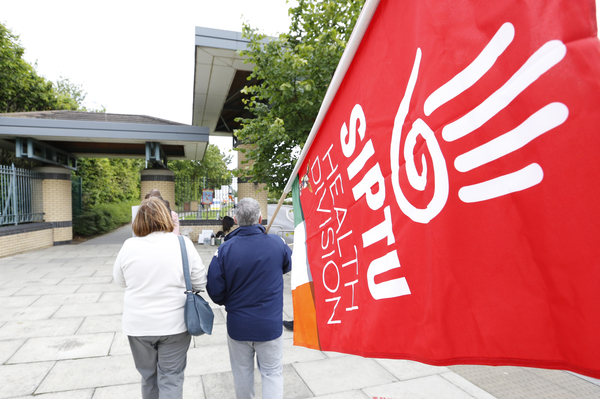SIPTU welcomes that changes to ambulance services in South West will not proceed
SIPTU representatives have today (Thursday, 19th September) welcomed correspondence from management at the National Ambulance Service confirming that changes to rosters planned for the South West region will not be implemented.
SIPTU Sector Organiser, John McCamley, said: “The communication to SIPTU representatives confirms that a process of engagement to reach an agreement on the staffing of non-rostered days for National Ambulance Service staff in the South West region will be set up without delay.
“We welcome the decision of National Ambulance Service management to not implement the proposed roster changes next week. Our members had genuine concerns that the planned changes would have had a detrimental impact on the ambulance service in the region. The outlined process will give both parties a pathway to reaching an agreement on how non-rostered days will be staffed to the benefit of the communities our members serve.”
McCamley added: “The decision to allow for a process of engagement on this issue before implementing any changes results from our members’ determination to advocate for the service they work in.”







